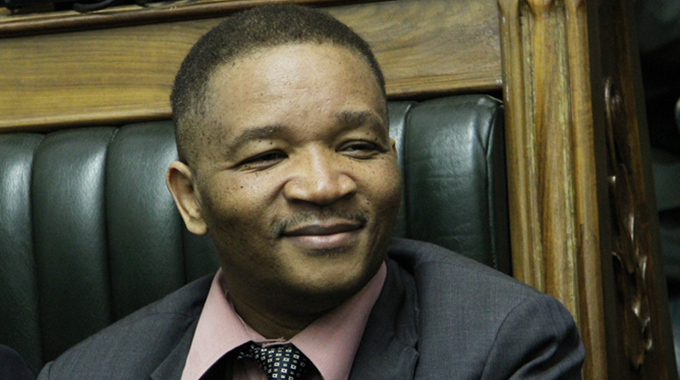Govt cautious as fuel supply stabilises

Golden Sibanda Senior Business Reporter
Energy and Power Development Minister Joram Gumbo says Government remains cautiously optimistic that the fuel situation in the country has stabilised on the back of improved availability and shorter queues at the majority of fuel stations.
Zimbabwe experienced acute fuel shortages towards the end of last year, after consumption inexplicably vaulted by 77 percent to 480 million litres in the six months period June to November 2018 compared to the same period the prior year.
As the foreign currency starved country buckled under pressure to supply the requisite hard currency needed to import and meet the sudden huge appetite for fuel, it emerged some of the demand came from speculators who were hoarding and reselling on black markets at high premiums in Zimbabwe and the region where official prices are high.
Government, which technically subsidises the fuel imports then took a bold decision to end the arbitrage, which is abetted by the currency situation, by more than doubling the retail price of fuel and making it unprofitable to hoard for resell.
In adjusting the fuel prices, Government increased the price for a litre of diesel to $3,11 from an average of $1,30 per litre while the price of petrol went up to $3,31 from an average of $1,40.
The decision, announced by President Mnangagwa just before he left for his successful tour of Eurasia, has proved to be painful, but master-stroke of genius, which also saw Government devising measures to counter fuel cost induced price spiral.
Government avoided the potential fuel driven price spiral through a rebate on fuel purchases by tax compliant businesses, which economists say may incentivise a huge number of informal business to register and submit tax returns.
Minister Gumbo told The Herald Business in an interview that while he was happy the situation had drastically improved to almost normal; Government was still assessing the situation.
The minister said he would have a more definitive position on whether the fuel situation has stabilised in the coming week, noting certain parts of the country still experience sporadic shortages, which the minister linked to logistical issues.
“Give us a week, and we would be able to determine whether the situation has stabilised or has gone down or there is still a trend to go up, but as it is right, some, it has stabilised.
“But I think you are quite aware that because of logistical problems and because of the shut-down that took place last (week but one), some of the places which are further from Harare where these oil companies draw their fuel are still to deliver so that it can reach those distant places,” the minister said.
Figures released by the Ministry of Energy and Power Development before Government resolved the acute shortages showed that consumption of diesel and petrol in the first five months of 2017 roughly tracked consumption a year earlier.
However, there was an anomaly with petrol, with March 2018 consumption more than twice the March 2017 level, but that was partly compensated by the January 2018 level, which was more than 40 percent below the January 2017 level.
But between June and November 2018, consumption rose exponentially each month with diesel peaking in October at 109 percent of the October 2017 level and petrol in September hitting 126 percent of the 2017 level.
Consumption then started dropping sharply and by November both fuels were around 38 percent above 2017 levels.
The sharp changes in the consumption activity were not backed by any apparent changes in any economic fundamentals to justify such sudden and huge increases in volumes, raising questions about whether the demand was genuine.
Investigations later revealed a lot of malpractice and anomalies in the industry, which included foreign trucks that pass through Zimbabwe going down south or up north deciding to
refuel in the country and paying using bond notes or other electronic, which they obtained after selling fraction of their US dollar money.










Comments